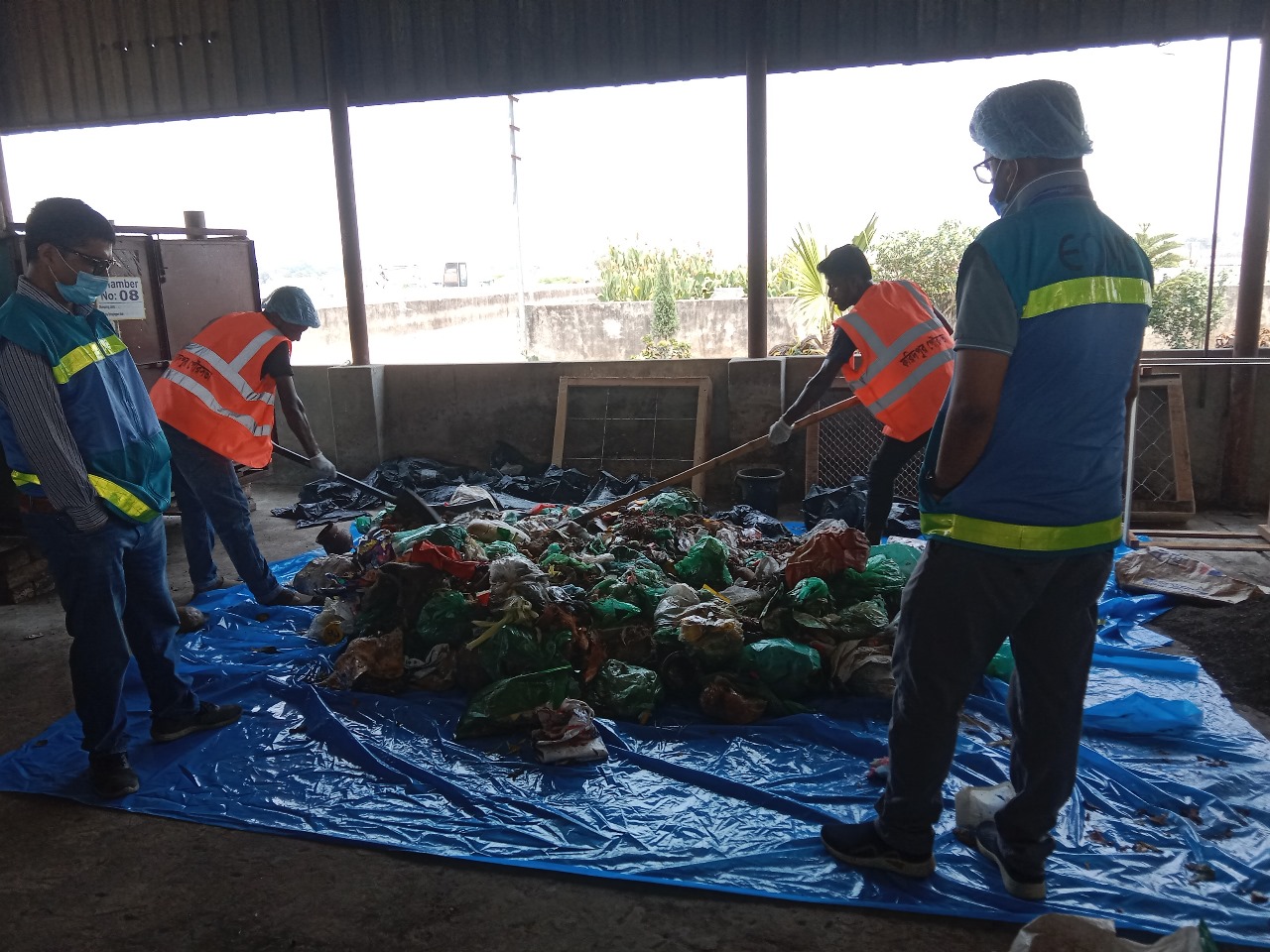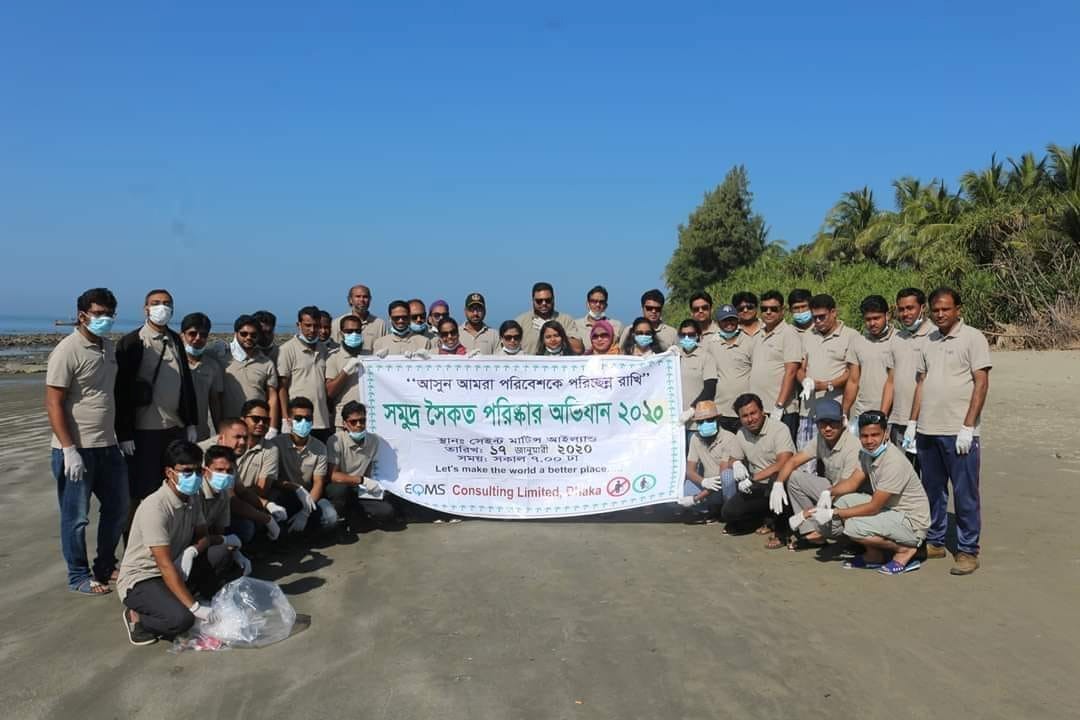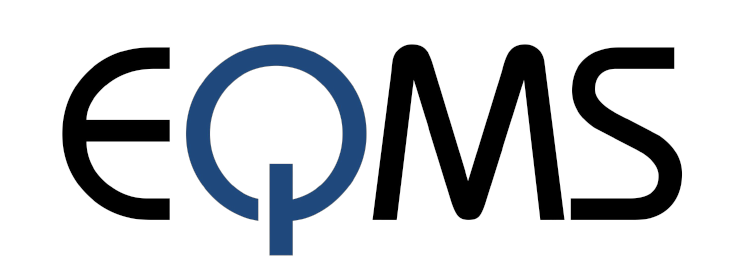
Municipal solid waste (MSW) management has emerged as a critical challenge in urban and rural areas across Bangladesh. Rapid urbanization, population growth, and industrial expansion have significantly increased waste generation, creating a pressing need for efficient waste management systems. Characterizing and quantifying MSW is essential to design sustainable waste management strategies, reduce environmental impact, and improve public health. This article delves into the importance of MSW characterization and quantification, with a focus on the unique context of Bangladesh.
Municipal Solid Waste Characterization involves analyzing the composition and properties of waste generated by households, commercial establishments, and institutions. It includes identifying the types of materials presents, such as organic waste, plastics, paper, metals, glass, and other residues. Understanding the physical, chemical, and biological characteristics of MSW is crucial for:
Resource Recovery and Recycling: Knowing the composition of waste allows for efficient segregation, enabling the recovery of valuable materials. For instance, organic waste can be composted or used for biogas production, while recyclables like plastics and metals can be processed and reused.
Designing Waste Treatment Facilities: Characterization data helps in selecting appropriate technologies for waste treatment, such as composting, anaerobic digestion, or incineration. It also informs the design of landfills, ensuring they meet the requirements for the types of waste they will contain.
Environmental Impact Assessment: Understanding the waste composition helps predict potential environmental impacts, such as greenhouse gas emissions, leachate production, and air pollution. This information is vital for planning mitigation measures and ensuring compliance with environmental regulations.
Quantification of Municipal Solid Waste
Quantification involves measuring the amount of waste generated over a specific period. It provides essential data on the volume and rate of waste production, which is critical for:
Infrastructure Planning: Accurate waste quantification helps in planning the capacity of waste collection, transportation, and disposal systems. It ensures that the infrastructure can handle the current and future waste loads, avoiding system overflows and inefficiencies.
Policy Formulation and Implementation: Reliable data on waste generation is necessary for developing policies and regulations on waste reduction, segregation, and recycling. It supports the establishment of benchmarks and targets sustainable waste management practices.
Financial Planning: Quantification aids in budgeting for waste management services, including the costs of collection, treatment, and disposal. It also helps in identifying potential revenue streams from waste recovery and recycling.
Investing in regular waste characterization and quantification studies will provide the necessary data for informed decision-making. Collaborative efforts between government, academia, and private sectors can enhance data collection processes. Public awareness campaigns and incentives for source segregation can significantly improve waste management efficiency. Encouraging households and businesses to separate organic, recyclable, and hazardous waste is a crucial step. Strengthening the regulatory framework and enforcement mechanisms will ensure compliance with waste management standards. Policies encouraging public-private partnerships can also mobilize additional resources for waste management initiatives.
Municipal Solid Waste Characterization and Quantification are fundamental to developing sustainable waste management strategies in Bangladesh. By understanding the composition and volume of waste, stakeholders can design effective systems that promote resource recovery, reduce environmental pollution, and improve public health. Addressing the challenges of waste management requires a collaborative approach involving government, private sector, and the community. With concerted efforts, Bangladesh can move towards a more sustainable and resilient waste management system.
EQMS Consulting Limited provides expertise in waste characterization, quantification, and sustainable infrastructure planning, ensuring effective waste management solutions. Additionally, we offer regulatory compliance, policy development, and public awareness initiatives to enhance overall waste management efficiency in Bangladesh.
Share this page via
More from Ahmed Jubaer


